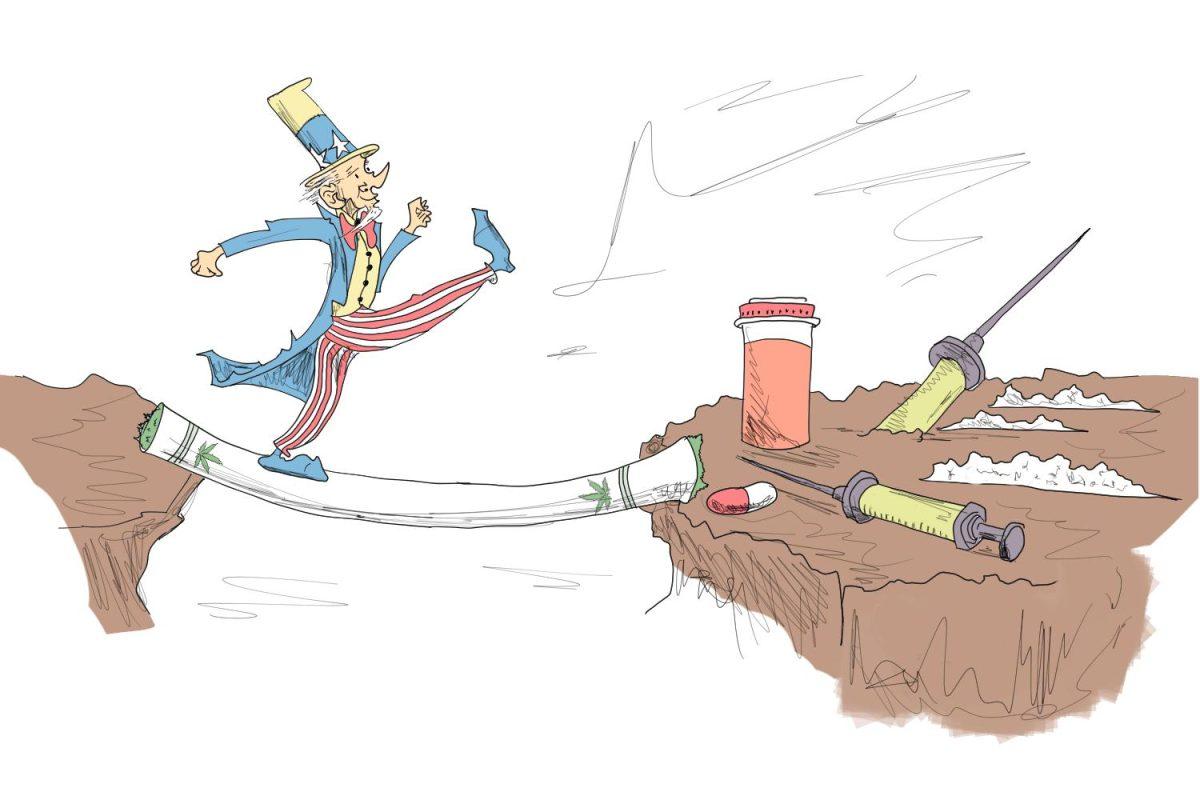In recent years, drug-related incidents have made up the majority of arrests in the U.S. With 14 million drug arrests in 2007, it’s easy to see the popularity of the crime.
Drug use is popular for a number of reasons. Firstly, it’s difficult to regulate. Users consume illicit substances within the privacy of their own homes or in other private areas. These reserved spots are usually far from prying eyes, like those of authority figures.
Many people are attracted to the apparent safety of drugs. However, like alcohol, drugs are more dangerous than consumers would like to believe. No one else is damaged explicitly by your drug use, but effects to your own health are evident.
Looking at only the direct damage caused by drug use is negligent. Whether or not you’re content to destroy your life is ultimately your decision. However, the harmful effects of addiction reach further than we’d like to believe.
A loved one’s drug addiction is emotionally traumatic and damaging to the psyche. Seeing a brother or a close friend’s life spiral out of control causes undue stress and frustration to any individual.
Pragmatically, it’s unreasonable to support those who choose to cope with hardship via drug use. Recreational drugs are not pocket change. The poor man loses his entire salary to drugs. The rich suburban kid takes a chunk out of his careless father’s wallet for his fix.
The economy also takes a hit from drug use. Drug deals feature large sums of money passing untaxed from person to person. The federal government gains no revenue from it, which means public institutions like schools get less funding.
Furthermore, the drug dealer gaining ridiculous sums of money has no incentive to find a job. Drug deals take from the economy and exempt criminals from having to earn their pay.
The most common illegal drug and one of the biggest issues in modern American
politics is marijuana.
In the 1980s, cocaine and heroin made up the bulk of drug-related arrests. Over the years, use of cocaine and heroin has declined. Meanwhile, marijuana consumption has dominated.
Studies from the University of Michigan report marijuana use in adolescents has increased. Other drugs have seen a decline in use.
Marijuana-related arrests constitute the largest portion of drug arrests in the U.S. Law enforcement is adapting to
marijuana’s rise in popularity.
More arrests doesn’t mean the problem is fixed, however. Arrests don’t make people stop committing crimes. They make people try harder to avoid
getting caught.
Young people are starting to see less risk in consuming marijuana, which only raises its approval. Many people believe the drug is harmless and non-addictive. Proponents say marijuana doesn’t lead to any deaths.
Marijuana does lead to other drugs. Supporters deny it’s a gateway drug. It is supposedly harmless, after all.
Regardless of how dangerous marijuana actually is, it is a gateway drug. It has become normalized by its popularity. This normalization is the key to its gateway status.
Alcohol is well-known to be a dangerous substance. Its legality has made it a normalized feature of day-to-day life. No one bats an eye at alcohol consumption. Irresponsible parents even encourage their kids to try the stuff out before they’re even out of high school.
It’s foolish to think drugs will be any different. Casual beer consumption desensitizes us to alcohol and challenges us to drink heavier booze to find a comparable high. In the same way, marijuana will soon lose its charm to casual users. The law of diminishing returns will kick in, and you’ll need harder drugs to reach your high.
The solution can’t be more arrests. It must come in the form of education. The future lies with the youth. It is thus our obligation to inform young people about the dangers of drug use. Drugs are a crutch, and America can do better without them. Let’s honor the legacy of the immigrants and self-made men and women who built our country on grit and determination. Let’s genuinely make our country great again.
Kyle Richoux is a 19-year-old sociology sophomore from LaPlace, Louisiana.





